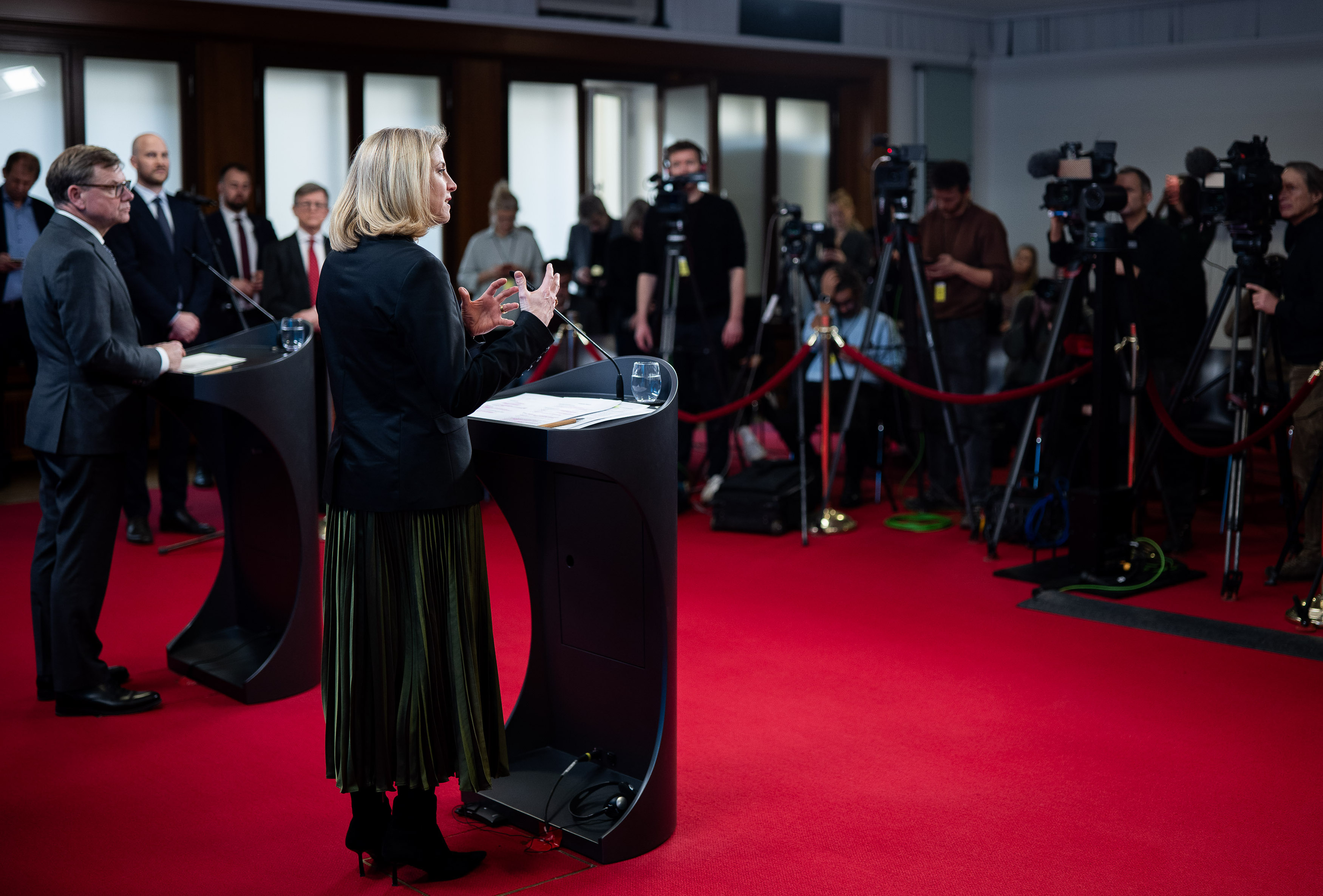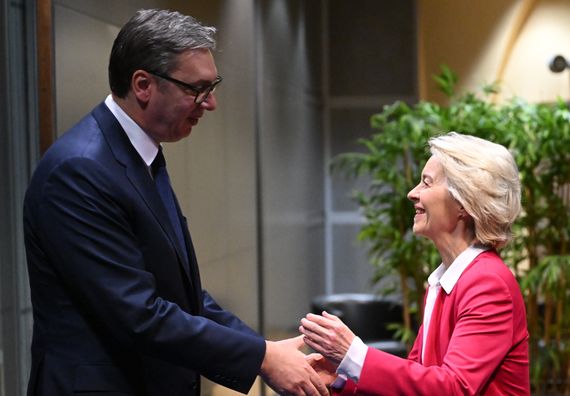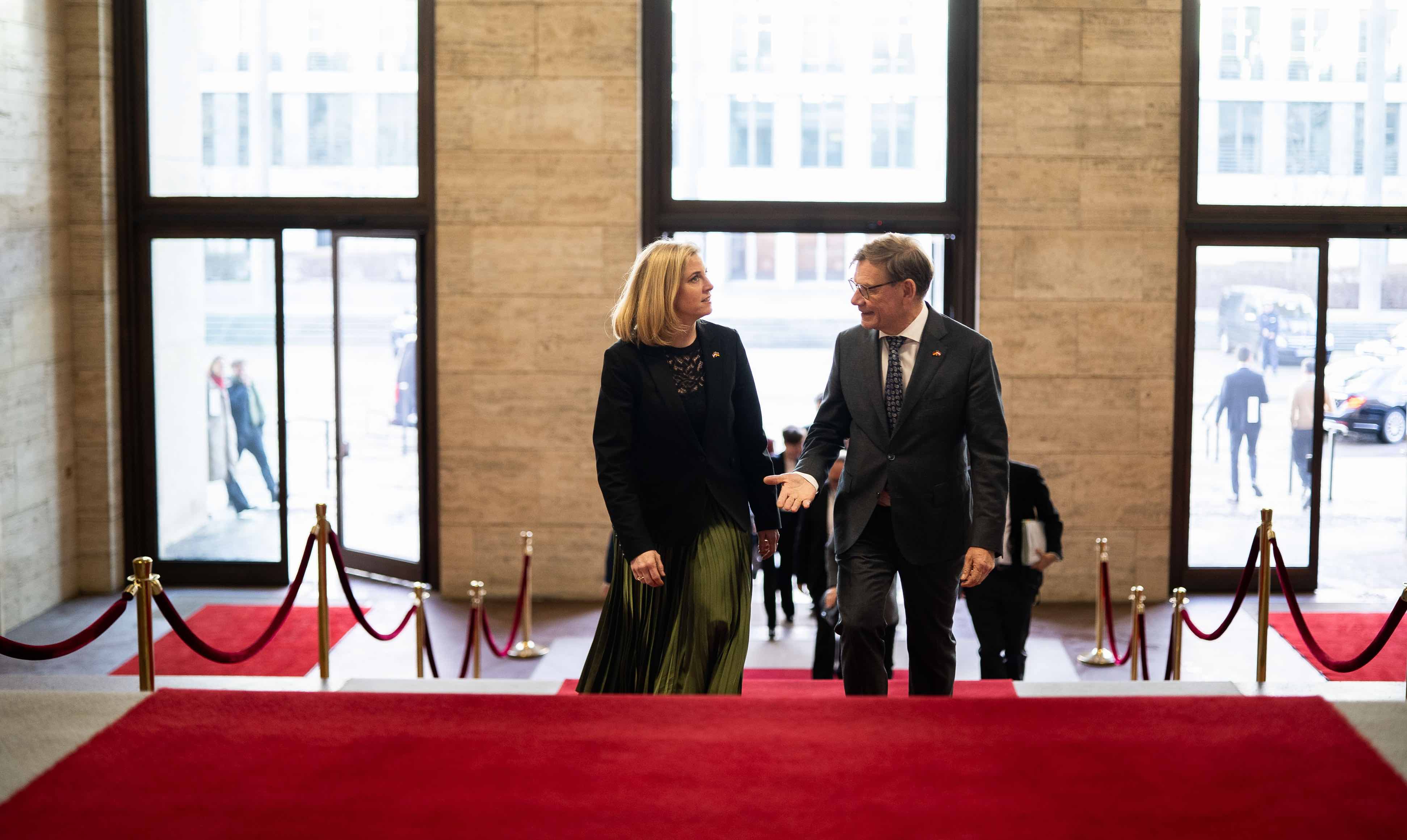diplo.news
Former Foreign Minister Gabriel: Europe has ‘pretty much failed’ in the Gaza war

According to former German Foreign Minister Sigmar Gabriel, Europe “pretty much failed” in the Gaza crisis because it did not even manage to suspend the EU’s trade agreement with Israel. It shows how fragmented Europe is. Germany in particular should have reacted much earlier to the Gaza war, said Gabriel at the launch of the book ‘Weltenbeben’ (Worldquake) by experienced crisis diplomat Martin Kobler in Berlin. “That cost us a lot of credit in the Middle East,” emphasized Gabriel.
"Where was Europe when Donald Trump proposed his peace plan? Where was Europe's strategic weight?" criticised Kobler, who headed the Federal Republic of Germany's representative office in Jericho in the early 1990s and subsequently served as a diplomat in Afghanistan, Iraq, Pakistan, Congo and Egypt, among other places. “And what can Qatar do that Europeans can't?” Europe has done nothing for 30 years to advance the reconciliation process between Palestinians and Israelis.
Kobler called for more strategic thinking and a greater willingness to take risks on the part of politicians, including tackling hot spots. In principle, more diplomacy is needed to resolve the many crises and armed conflicts rather than a further militarization of foreign policy. Humanitarian aid is necessary, of course, but ultimately it only treats the symptoms. “We should be prescribing antibiotics instead of always just giving aspirin.” However, the painful loss of importance of the UN was not only the fault of Donald Trump and his funding cuts. There is a lack of leadership at all levels. “We've also seen better UN Secretaries General,” said Kobler referring to the current UN chief, Portugal's António Guterres. “It is not enough to shed crocodile tears when it comes to Ukraine, why hasn't he sent emissaries everywhere?”
According to Gabriel, reforming the UN could also mean that parties involved in a conflict should be excluded from voting in the General Assembly, or that supranational organisations such as the EU should become members of the Security Council instead of individual states. Gabriel now believes that a German seat on this committee is rather unlikely.
Kobler, who once headed the office of Green Foreign Minister Joschka Fischer, says that despite all the criticism, he wants his book to be understood as a combative plea "against paralysis and pessimism" and for more political courage in Europe. gd




